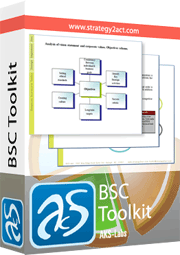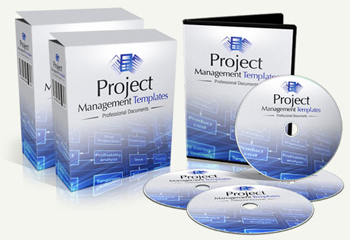Hopefully, this speaker avoided using cliches and corporate jargon. Photo credit: audio.luci.store.it
Clichés, overused words and corporate jargon have blighted corporate statements and executive speeches for years. Public relations experts and other language commentators have long urged PR pros and their clients to eradicate those hackneyed and often meaningless words and phrases.
Most recently, public relations professional Ann Wylie cited some of the most overused phrases used by corporate spokespeople for PRSA’s Public Relations Tactics. They include: pleased, excited, delighted, thrilled, and proud. Hundreds, even thousands, of corporate executives maintain they are “pleased to announce,” “excited to provide” or “proud to offer” their new product, partnership or office location. Unfortunately, PR professionals wrote most of those quotes.
Out of those words, corporate spokespeople like “pleased” the most. Over a 30-day period, the word was used in 1,284 press releases posted on Business Wire. “Excited” was next favorite word, mentioned in 1,007 press releases, followed by “proud” that was in 782 releases.
The fill-in-the-bank quotes don’t really say anything, Wylie said. They’re clichés that cause readers’ eyes to glaze over — and communicate little. In any case, nobody cares about how the spokesperson feels. The audience cares about facts, solutions and insights.
PR writers and corporate spokespeople who find themselves falling back on those words should substitute a different word or rewrite the quote, focusing on what will impact the reader.
Tips for Improving Corporate Quotes
In general, Wylie advised that executive quotes should be:
Short. Two sentences at most. One sentence is even better.
Rare. Be careful not to bury the substance of the announcement in an executive’s quote.
Personable. Quotes in press release should not sound like the teacher in Charlie Brown cartoons: “Wah wah wah wah.”
Full Circle PR said it has banned the words “excited,” “thrilled,” and “pleased,” from its PR statements. At one time, newspapers published quotes like “I am thrilled to announce …” Those days are long gone.
The PR firm offered its own advice on how to improve quotes in press releases.
Share something new. Quotes should not simply repeat what was already stated.
Know your spokesperson. The quote should match the executive’s speaking style and sound like something they might actually say. A short conversation with the spokesperson about what they would like to say in the announcement will likely produce some usable ideas or quotes.
Read it out loud. Both the writer and the client should read the quote out loud to make sure it flows well and conveys the intended meaning. Quotes can sometimes sound differently when read out loud.
Corporate Clichés and Jargon
Lists of corporate clichés and jargon are common. PR News produced its own list, and commentary, of the top ten words public relations professionals should avoid.
Solutions. The most overused word in press releases and corporate statements.
Synergy. It means the combined entity is greater than the sum of its parts. It usually refers to mergers.
Bleeding edge or cutting edge. Very few companies or products are truly cutting edge.
Value-added. Shouldn’t we assume the product or service adds value in the first place?
Outside the box. Many companies have escaped from boxes.
Industry-leading. Every company claims to lead their industry. How do they define leadership? If everybody is leading, who’s following?
Innovative. Even if they win an award for innovation, companies are rarely innovative.
Disruptive. Probably hundreds of companies claim to be disruptive.
World class. The description has no meaning.
Revolutionary. More hyperbole. Revolutionary means “bringing about a major or fundamental change” according to Merriam-Webster. Few products are revolutionary.
Bottom Line: Avoiding overused words, clichés and corporate jargon when writing press releases and corporate statements will actually strengthen the communications – and likely garner more earned media placements.












0 comments:
Post a Comment